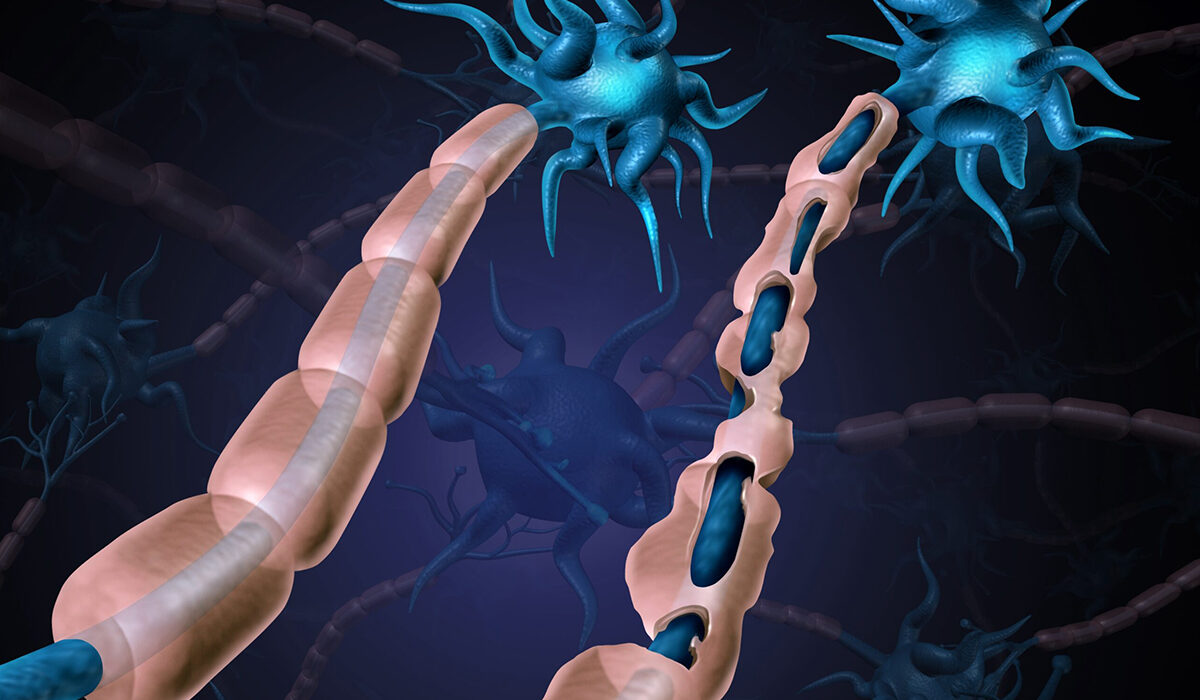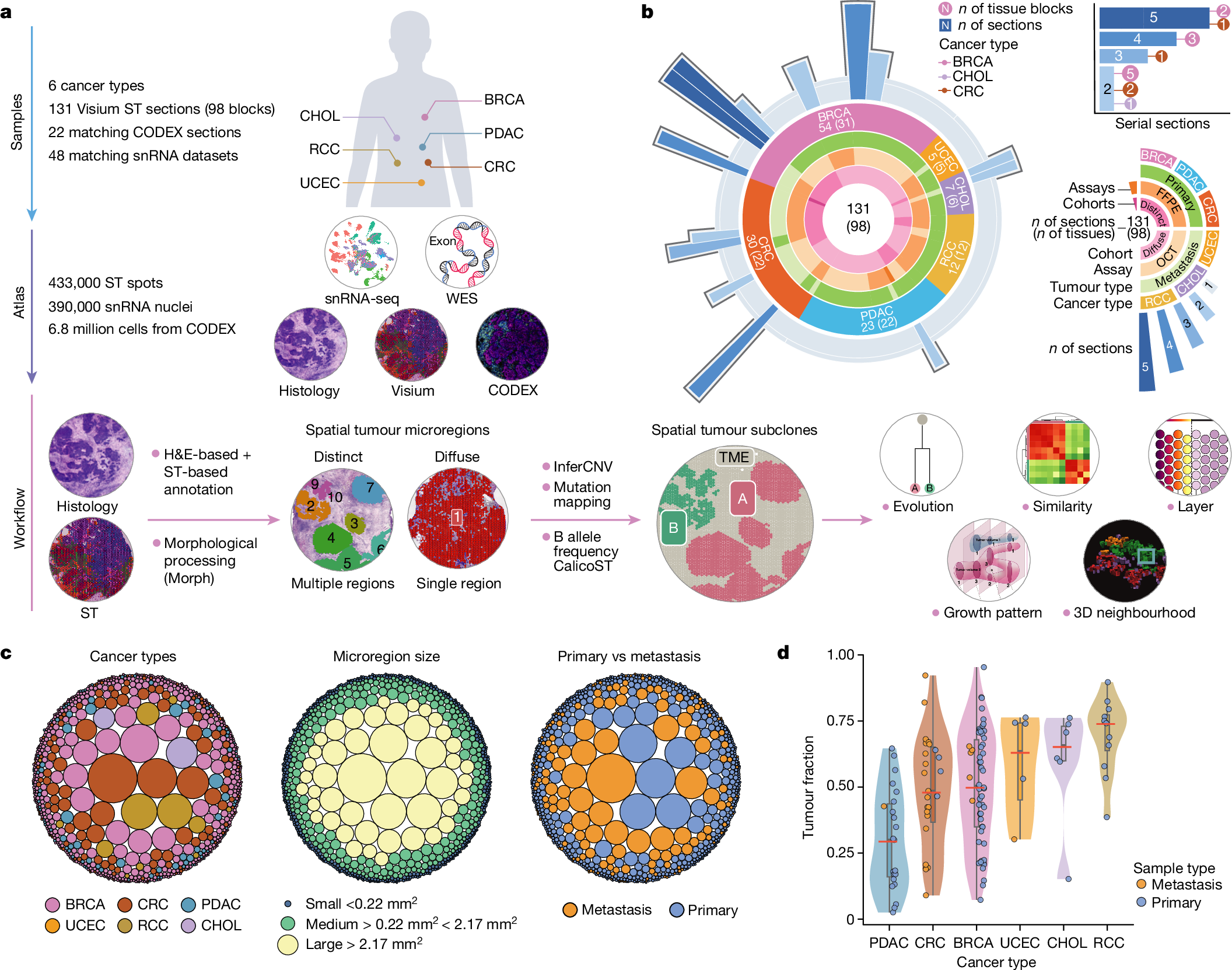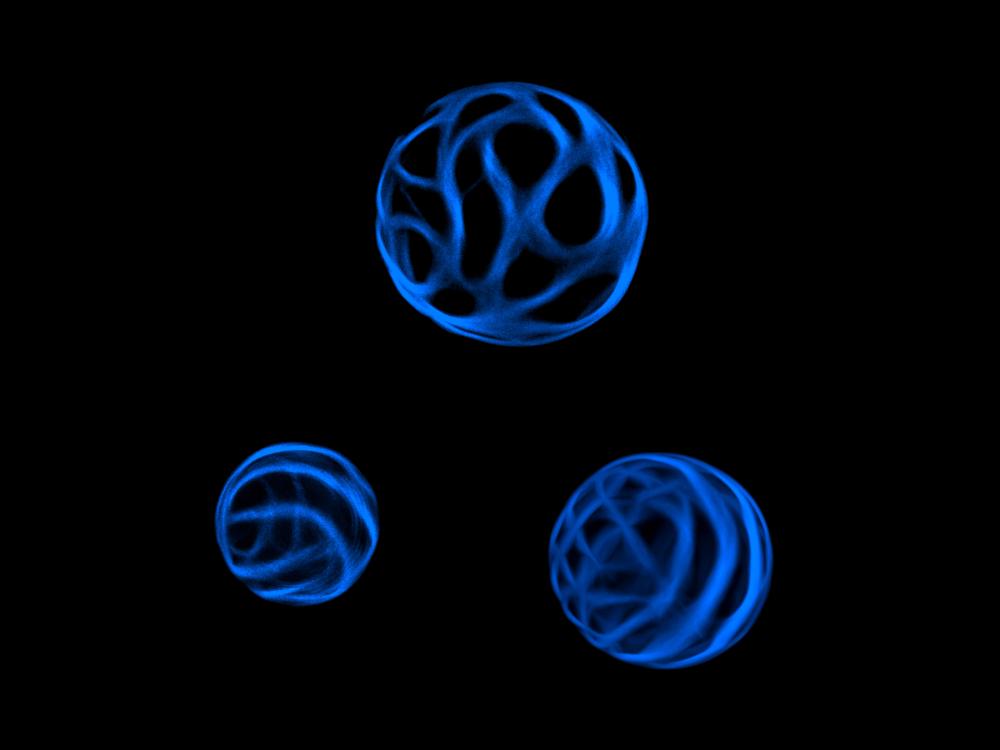2024-10-30 ワシントン大学セントルイス校

Researchers at WashU Medicine have found a process by which the brain guards against attack by the immune system. In mice with multiple sclerosis, such “guardian” proteins that train the immune system were drastically depleted, and replenishing them improved symptoms, according to a study in Nature. (Image: Getty Images)
<関連情報>
- https://source.washu.edu/2024/10/healthy-brains-suppress-inappropriate-immune-responses/
- https://www.nature.com/articles/s41586-024-08279-y
内因性自己ペプチドが中枢神経系の免疫特権を守る Endogenous self-peptides guard immune privilege of the central nervous system
Min Woo Kim,Wenqing Gao,Cheryl F. Lichti,Xingxing Gu,Taitea Dykstra,Jay Cao,Igor Smirnov,Pavle Boskovic,Denis Kleverov,Andrea F. M. Salvador,Antoine Drieu,Kyungdeok Kim,Susan Blackburn,Clair Crewe,Maxim N. Artyomov,Emil R. Unanue & Jonathan Kipnis
Nature Published:30 October 2024
DOI:https://doi.org/10.1038/s41586-024-08279-y
We are providing an unedited version of this manuscript to give early access to its findings. Before final publication, the manuscript will undergo further editing. Please note there may be errors present which affect the content, and all legal disclaimers apply.
Abstract
The central nervous system (CNS), despite the presence of strategically positioned anatomical barriers designed to protect it, is not entirely isolated from the immune system1,2. In fact, it remains physically connected to and can be influenced by the peripheral immune system1. How the CNS retains such responsiveness while maintaining an immunologically unique status remains an outstanding conundrum. In searching for molecular cues that derive from the CNS and allow its direct communication with the immune system, we discovered an endogenous repertoire of CNS-derived regulatory self-peptides presented on major histocompatibility complex (MHC) II molecules at the CNS borders. During homeostasis, these regulatory self-peptides were found to be bound to MHC II molecules throughout the path of lymphatic drainage from the brain to its surrounding meninges and its draining cervical lymph nodes. With neuroinflammatory disease, however, the presentation of regulatory self-peptides diminished. Upon boosting the presentation of these regulatory self-peptides, a population of suppressor CD4+ T cells was expanded, controlling CNS autoimmunity in a CTLA-4 and TGFβ dependent manner. This unexpected discovery of CNS-derived autoimmune self-peptides may be the molecular key adapting the CNS to maintain continuous dialogue with the immune system while balancing overt autoreactivity. This sheds new light on how we conceptually think about and therapeutically target neuroinflammatory and neurodegenerative diseases.


